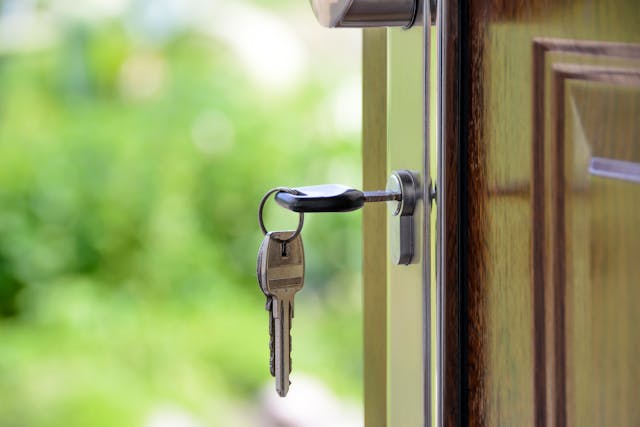
Being in debt can be incredibly overwhelming. Unfortunately, you may find that your only options remaining are to either file for bankruptcy or pursue a voluntary or involuntary foreclosure of your home. Because both of these have negative implications associated with them, understanding what option is in your best interest is critical to making an informed and effective decision for your needs. The following blog explores how bankruptcy and foreclosure work and how to make a decision between the two with the assistance of an experienced Memphis, TN consumer bankruptcy lawyer who can guide you through these matters.
How Do Bankruptcy and Foreclosure Work?
Generally, bankruptcy is the process by which you declare that you can not afford to repay your debts. Depending on which Chapter you file, your assets will either be liquidated to pay off as much of the debt as possible, or you will be put on a repayment plan that will last three to five years.
Foreclosure, on the other hand, occurs when you cannot afford to repay your mortgage. As the bank who furnished the loan technically holds the title to your property until you can complete payments, you’ll find that the bank could assume ownership of your home, effectively forcing you out. In some instances, you may be able to initiate this process yourself.
Which Option Is Worse?
It’s important to understand that your home could be at risk even if you do not want to pursue foreclosure. If you choose Chapter 7, which involves liquidating your assets, your home could be at risk. However, certain measures can help you keep your property during this process. For example, if you value your home and find no equity, you won’t lose your home, as the trustee will not pursue a sale. If there is equity in your home, you still may be able to apply for a bankruptcy exemption. This allows you to choose certain assets to withhold from your bankruptcy estate, meaning they will not be used to repay creditors.
Generally, most people pursue bankruptcy over foreclosure because they don’t want to risk losing their home, even if it’s a source of debt. When you file for bankruptcy, you are granted an automatic stay. This means creditors must stop all collection efforts, including foreclosure, allowing you to catch up on payments to ease the strain of your mortgage.
You should also understand the impact that filing bankruptcy or pursuing foreclosure can have on your credit. Generally, Chapter 7 and Chapter 13 bankruptcy will remain on your credit for ten and seven years respectively. If you go through foreclosure, this can impact your credit for seven years.
Deciding between foreclosure and bankruptcy can be challenging if you aren’t sure where to start. The best thing you can do when facing this decision is to connect with an experienced attorney from the Arnold Law Firm. Our team understands how complicated these matters can be, so we are here to help you explore your options so you can feel confident in making the best decision. Reach out to us today to learn why many across Memphis have relied on us.




